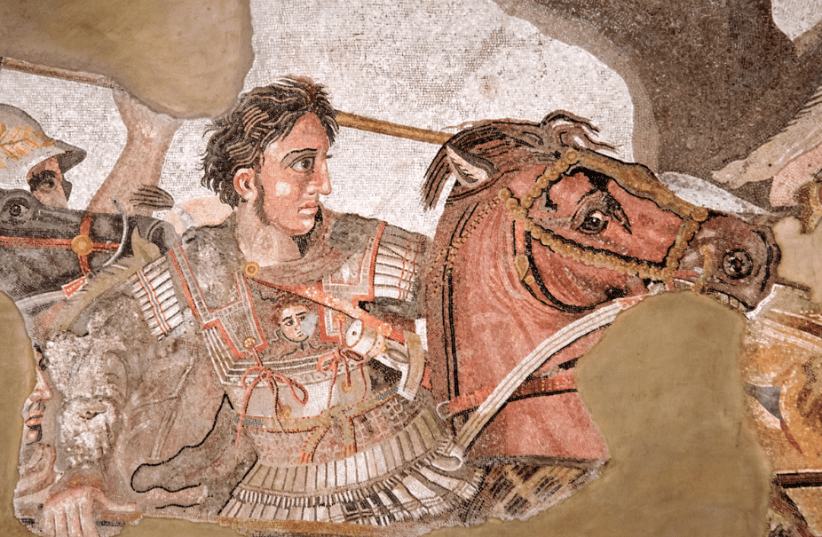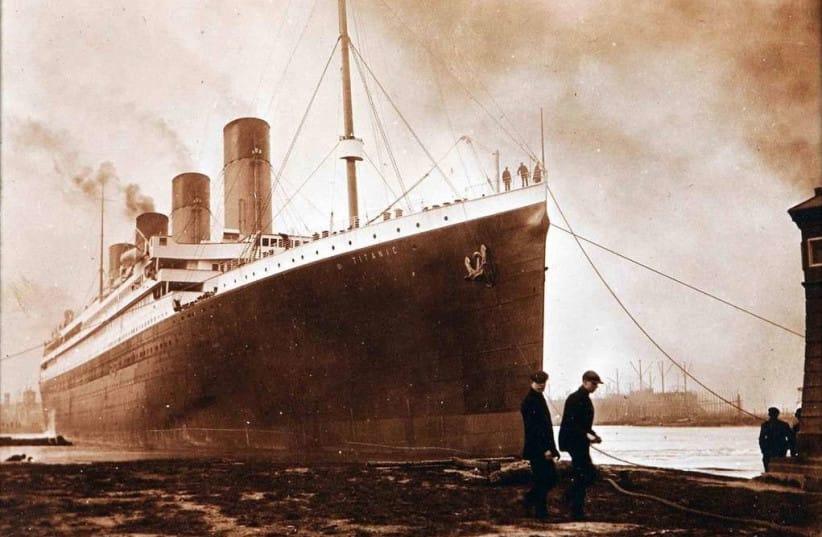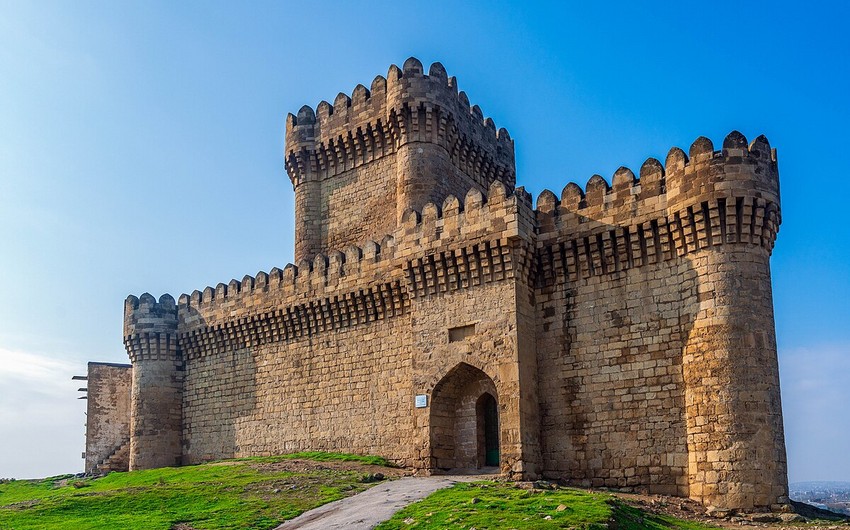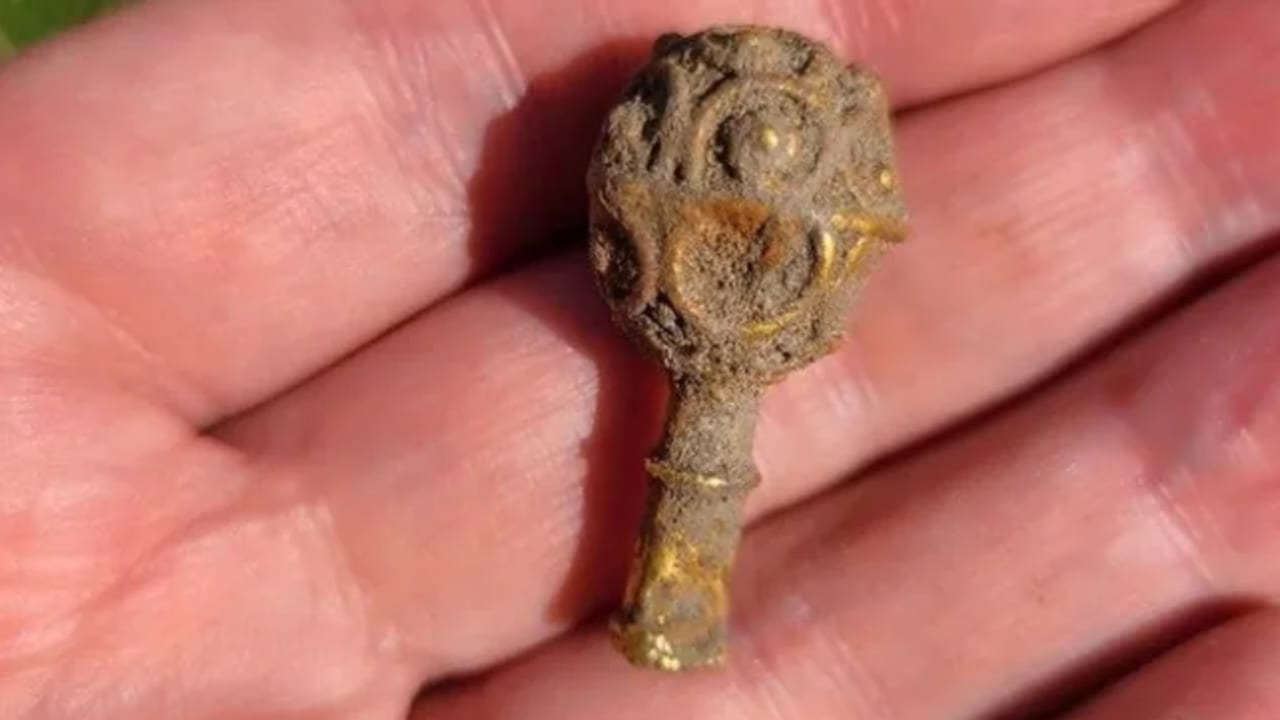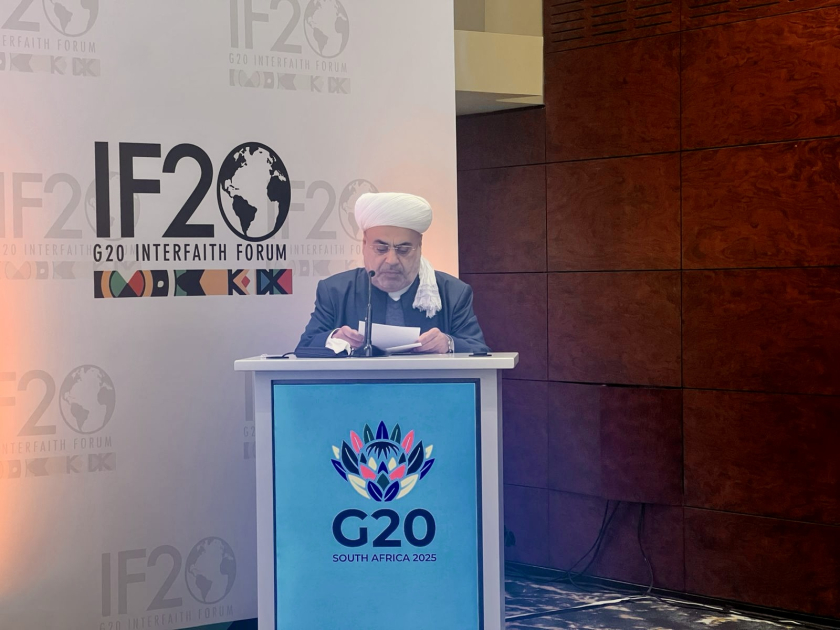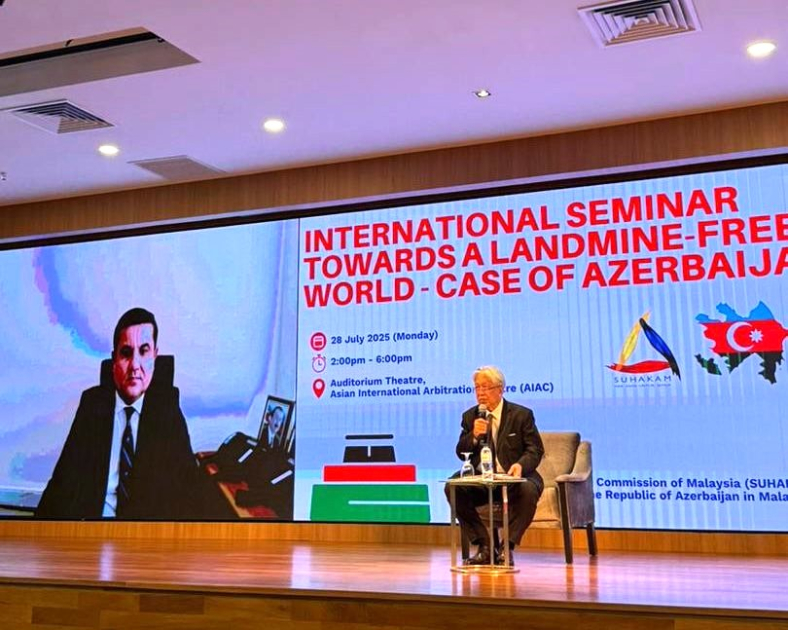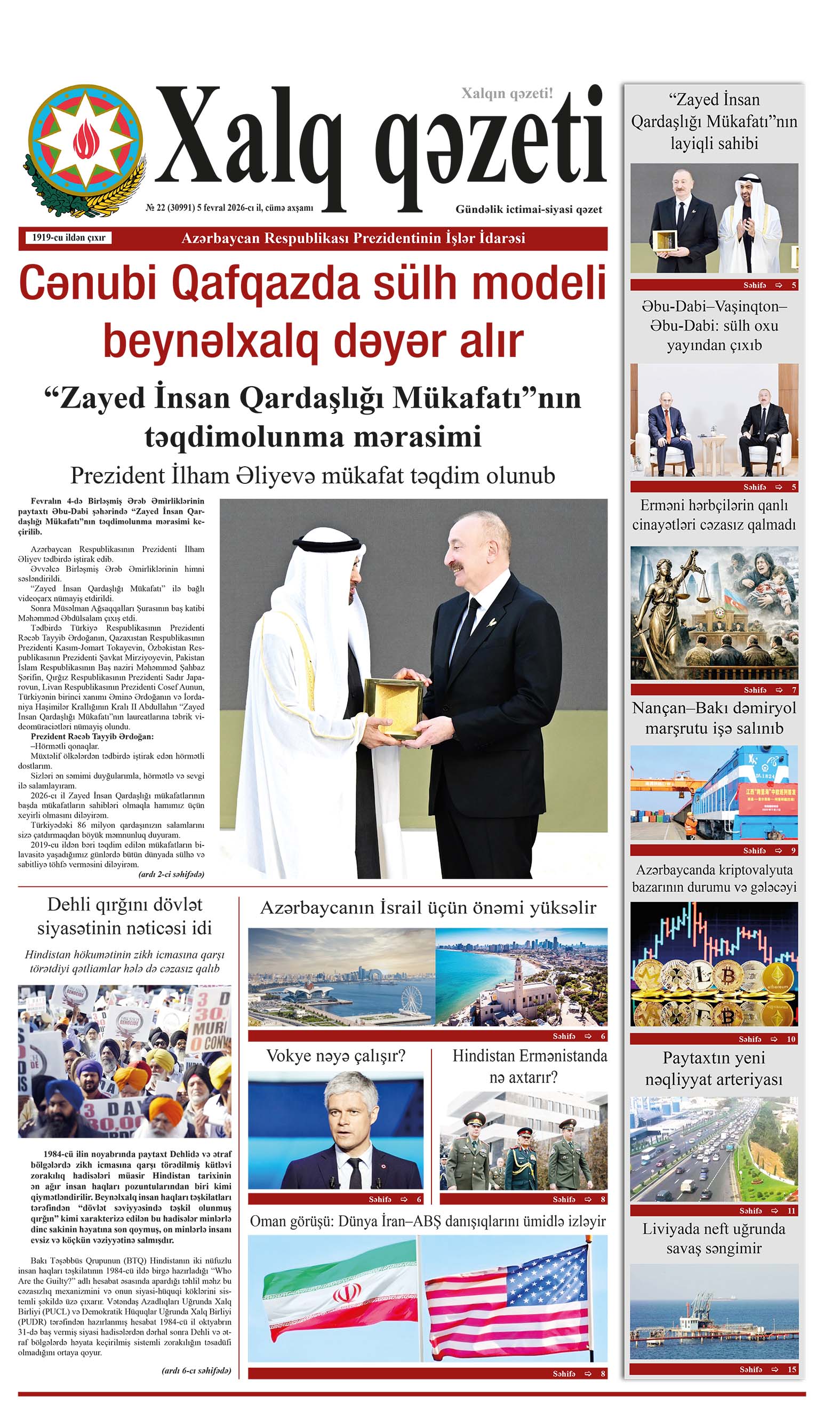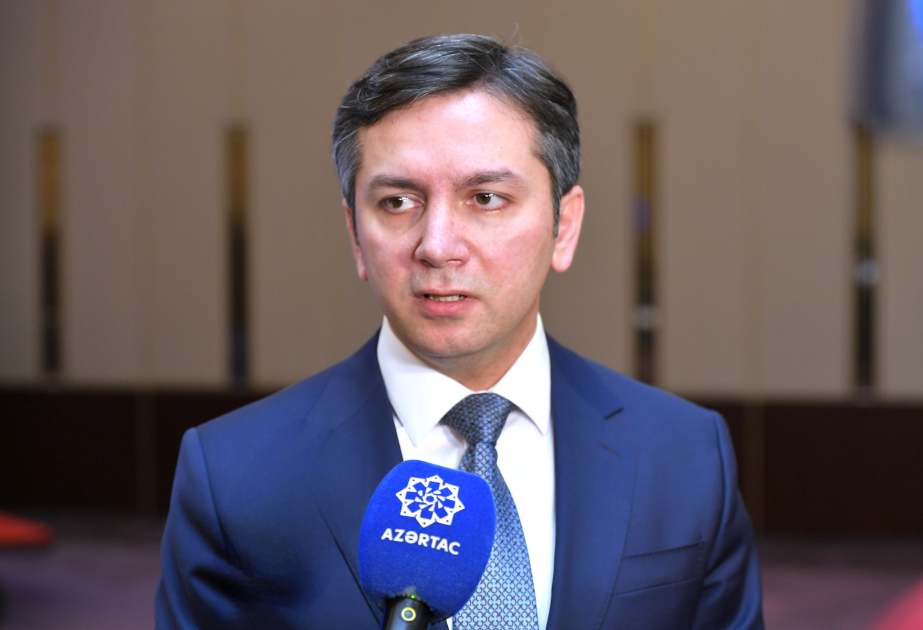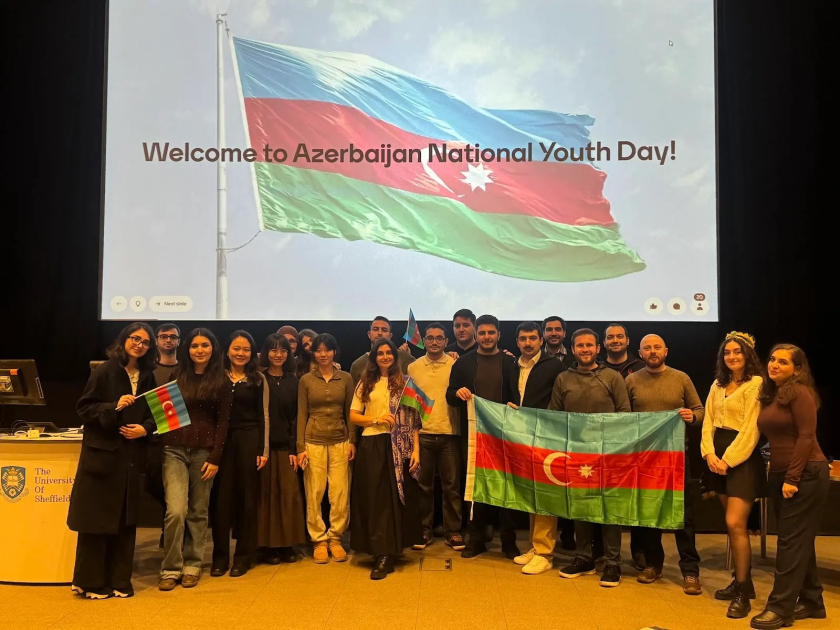By JERUSALEM POST STAFF
The opening of the royal palace of Aigai to the public in 2024 reignited global interest in the life and legacy of Alexander the Great.
The opening of the royal palace of Aigai to the public in 2024 reignited global interest in the life and legacy of Alexander the Great. Located in the ancient city of Aigai, the palace is a site deeply connected with Alexander, offering visitors a unique glimpse into the world of a ruler whose influence has spanned millennia.
Born in 356 BCE in Pella, Alexander the Great became one of history's most renowned figures and was considered the first of the great generals in world history. He built an empire extending from Greece to India, conquering lands across three continents and ruling countries from Egypt to modern India. His military genius and ambition enabled him to achieve feats unparalleled in his time.
At the age of 20, following the assassination of his father, King Philip II, Alexander was crowned king at the palace of Aigai. He spent only two years in Europe after this event, consolidating his rule and suppressing rebellions in southern Greece and the Balkans. In 334 BCE, he led his army into Asia, then the world's largest empire, and over the next ten years, fought battles reaching into modern Turkey, West Asia, Afghanistan, and Pakistan.
Alexander's strategic prowess was exemplified when he defeated the Persian King Darius III and captured the empire. He died without having lost any battle, a unique achievement that solidified his place in military history. His territory eventually stretched from the Adriatic Sea to the Indus River, redrawing the map of the northern hemisphere.
Cities bearing his name, such as Alexandria in Egypt and Kandahar in Afghanistan, stand as testaments to his enduring influence. These cities became centers of learning and culture, widely spreading his name and the Hellenistic civilization.
Historians offer various interpretations of Alexander's achievements. Pierre Briant, a specialist in the empires of Macedonia and the Achaemenids (Persia), provides a particular perspective on his conquests. "What differentiates Alexander," Briant observes, "is that he managed to overthrow this structured and powerful empire, something no one else had attempted before him."
"What Alexander achieved in 32 years of life is 'unique'," said Paul Cartledge, Emeritus Professor of Greek Culture at the University of Cambridge. Cartledge added that Alexander "redrew the map of the world by force, while his father always relied on diplomacy as the first option."
Notably, Alexander's conquests were not merely about territorial expansion; his campaigns resulted in cultural exchanges. The Greek language remained the official language of administration in the regions he conquered for centuries. The spread of Greek culture defined the thought and culture of his time and left a lasting impact on subsequent civilizations.
After his death, his empire quickly fragmented, but the cultural and historical impact remained. Around the fifth century, his corpse disappeared and was never found, adding to the enigma surrounding his life.
The article was written with the assistance of a news analysis system.


